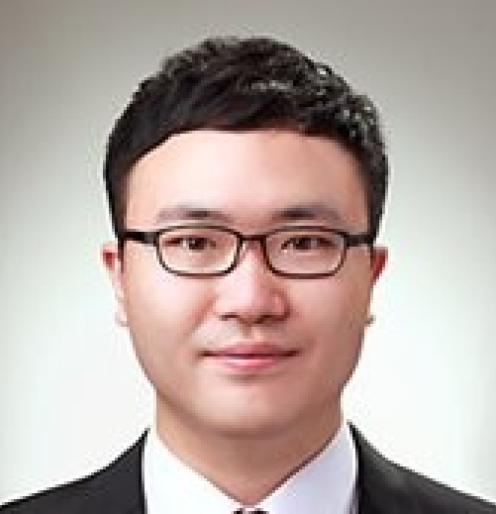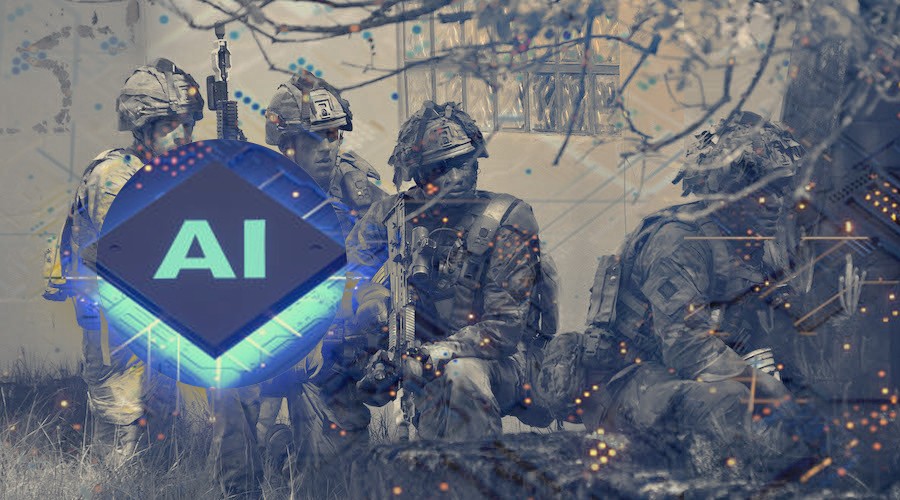
Mr. Jae Woo Park
Korea Research Institute for defense Technology planning and advancement (KRIT)
LinkedIn
The following questions were sent to Mr. Park earlier this year to get his perspective on the South Korean Defence and Security sector and the opportunities for international cooperation.

What was your impression of the NEDS 2023? Was there any part of the exhibition or any exhibiting company that stood out to you?
Fortunately, I had the opportunity to attend NEDS as part of the ROK delegation for two consecutive years, in 2022 and 2023. ROK government focus on applying innovative cutting-edge technologies such as AI, unmanned systems, and space to the defense sector, so I was particularly interested in engaging with research institutes and companies showcasing cutting-edge innovation at the exhibition. In particular, I paid close attention to research institutions like TNO and companies like HIGH-EYE and The IP Company, with whom we initiated B2B matching during NEDS 2022, to explore advanced opportunities for follow-up collaboration activities.
The companies taking part in the PIB naturally want to explore opportunities in South Korea. Are there any parts of South Korean (business) culture that they should keep in mind if they wish to succeed?
In ROK, it is difficult to generalize due to the own business culture and collaboration methods within each industry and company. However, if I narrow it down to the defense industry sector, as a national stretagic industry, ROK defense industry is receiving significant support from the inter-governmental level. Therefore, rather than individual company contacts, it is recommended to pursue collaboration through governments or their agencies responsible for industry support. This approach would provide access to more opportunities and information, facilitating the identification of additional collaboration points.
How do you expect the South Korean Defence and Security market to develop in the coming years?
In 2023, the ROK Ministry of Nationa Defense has established the Master Plan for “Defense Innovation 4.0”. “Defense Innovation 4.0” consists of five focus areas and sixteen tasks aimed at transforming the ROK Armed Forces into a strong military based on innovations in AI science and technology, by actively utilizing the ROK’s strengths in the field of science and technology of the Fourth Industrial Revolution. In particular, it is expanding support to foster the defense industry as a national strategic industry in its detailed implementation plans, with the related budget steadily increasing each year. The concerted efforts for activating defense exports at the government level have not only resulted in creating 130,000 jobs and generatin KRW 46 trillion in terms of effect on a production-inducement, but have also led to recent defense export achievements to various countries such as the UAE and Poland. Therefore, based on the national strategy and implementation results so far, it is expected that the defense industry of ROK will continue to achieve quantitative and qualitative growth in the future.

Is there a particular part of the Dutch Defence and security sector which is currently of interest for South Korea? For example, are there more opportunities for the maritime sector at present, the land-based sector, the IT sector, or something else?
Are there any upcoming projects that might be of interest for Dutch companies looking to cooperate with South Korean companies in the Defence and security sector.
In the field of defense science and technology, in 2023, ROK MND strategically identified 30 technologies in 10 areas that need to be secured for the development of a ‘strong military’ based on innovations in AI science and technology. They are as follows:
Areas | Technology |
AI | Intelligent battle field identification judgement Intelligent integrated command and control Smart power support Defense AI platform |
MUM-T (Manned-Unmanned Teaming) | MUM-T Autonomous mission Next warrior platform |
Quantum | Quantum cryptography communication Quantum sensor |
Space | Surveillance and reconnaissance from space Ultra-precision satellite navigation Space area recognition Space vehicle |
Energy | Directed-energy Next generation power source |
Advanced Material | High performance semiconductor/electronic material Innovative materials for extreme environments Special function materials |
Cyber & Network | Super-connected network Cyber warfare Metaverse training |
Sensor & EW | Next generation sensors Sensor fusion Electronic warfare |
Propulsion | Next generation engine Hypersonic propulsion Underwater propulsion |
WMD defense | Missile defense High precision strike Intelligent CBR defense |
Given the concentrated investment in technology and industry based on the aforementioned fields in the future. Cooperation with the Netherlands as proposed in the question also appears to have high potential for collaboration with companies possessing expertise in each sector's technology.
In addition, in the field of defense industry, the Defense Acquisition Program Administration(DAPA) annually selects "Defense Innovation Companies" focusing on cutting-edge technology based defense industries (i.e. space, semiconductor, AI, drones, robots) and supports full-package projects tailored to the growth stage and their demands. Therefore, cooperation with selected "Defense Innovation Companies" is considered a strategic approach to serve as a starting point for future cooperation between ROK and the Netherlands.
What role can the KRIT play in fostering cooperation between Dutch and South Korean companies?
The KRIT is government agency of the Defense Acquisition Program Administration (DAPA), established in 2021 to promote defense science and technology R&D and foster the defense industry. The business model of the KRIT for international collaboration involves overseeing joint international research projects on core technologies, necessary for future weapon systems, in the defense science and technology field. To activate this, it is building a cooperation network between researchers from academia, industry, and research institutions in ROK and abroad. In fostering the defense industry, KRIT is responsible for coordinating tasks such as B2B matching, identifying cooperation demand, and providing industry support projects between defense companies in ROK and overseas companies.
As the Netherlands is recognized as a potential partner for cooperation through inter-governmental MOUs with ROK, it is expected that the KRIT can serve as a "bridge and hub" for defense science and technology as well as defense industry cooperation between ROK and the Netherlands.